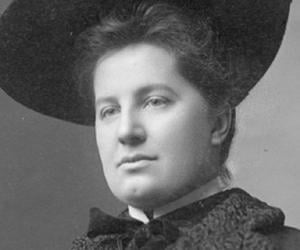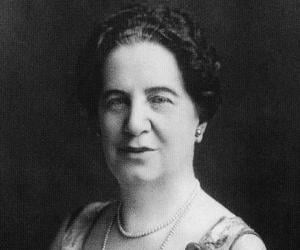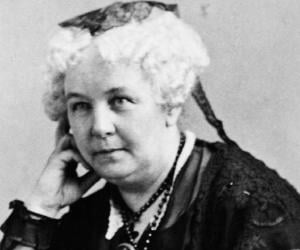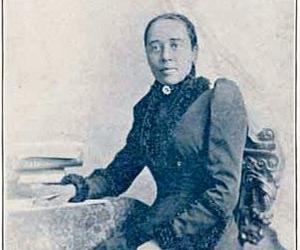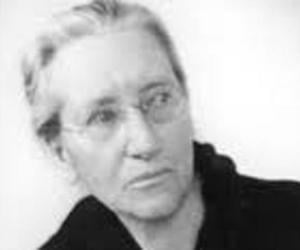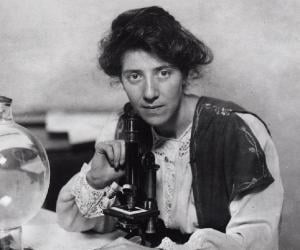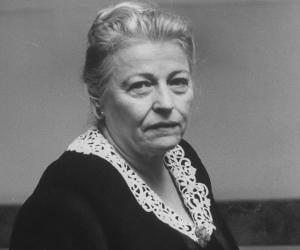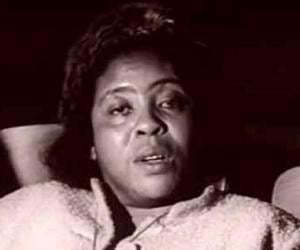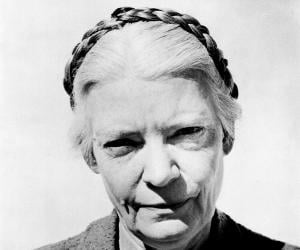Emily Murphy
(First Female Magistrate in Canada)
Emily Murphy was a Canadian women’s right activist and author who went on to become the first female magistrate in Canada and the British Empire. Well known for her contributions towards feminism in her nation, Emily Murphy was one among the “Valiant Five” or “Famous Five”—an activist group in Canada that included her along with other prominent activists as Henrietta Muir Edwards, Irene Parlby, Louise McKinney and Nellie McClung. She is regarded as one of the few women who were at the forefront in repealing discriminatory legislation against women during her time. Emily Murphy was born into a liberal family which was largely connected to politics and law and her father encouraged the equal treatment of sons and daughters. She drew inspiration from her maternal grandfather who was a politician, and uncles who were Supreme Court justice and senators. This upbringing helped her later in life in understanding and speaking about issues against women and children in public. One of her famous quotes state “Nothing ever happens by chance, everything is pushed from behind”.
Activists #325
76
16
